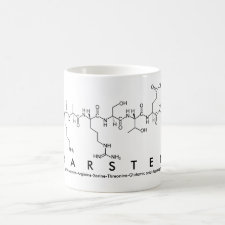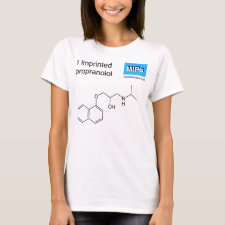
Authors: Panagiotopoulou M, Beyazit S, Nestora S, Haupt K, Tse Sum Bui B
Article Title: Initiator-free synthesis of molecularly imprinted polymers by polymerization of self-initiated monomers.
Publication date: 2015
Journal: Polymer
Volume: 66
Page numbers: 43-51.
DOI: 10.1016/j.polymer.2015.04.012
Alternative URL: http://www.sciencedirect.com/science/article/pii/S0032386115003389
Abstract: Molecularly imprinted polymers (MIPs) are tailor-made synthetic materials with binding affinities and specificities comparable to those of antibodies and enzymes. These 'plastic' antibodies are composed of two or more types of monomers, and are generally synthesized by free radical polymerization. Polymerization is initiated by reactive radicals generated by the thermal or photo homolysis of a chemical bond on an initiator. Here, we show through several examples, that MIPs can be synthesized, without adding any initiator by using at least one monomer in the precursor mixture that can be photo or thermally polymerized by self-initiation. The binding characteristics as well as the size and morphology of the MIPs were examined. Remarkably, even at high monomer dilutions prevailing during precipitation polymerization, the yield of polymerization was high but above all, the MIPs were very specific and selective for their target molecule, indicating the creation of high-fidelity imprinted sites
Template and target information: protein, trypsin, propranolol, 2,4-D, testosterone
Author keywords: molecularly imprinted polymer, Self-initiated monomer, Initiator-free polymerization



Join the Society for Molecular Imprinting

New items RSS feed
Sign-up for e-mail updates:
Choose between receiving an occasional newsletter or more frequent e-mail alerts.
Click here to go to the sign-up page.
Is your name elemental or peptidic? Enter your name and find out by clicking either of the buttons below!
Other products you may like:
 MIPdatabase
MIPdatabase









